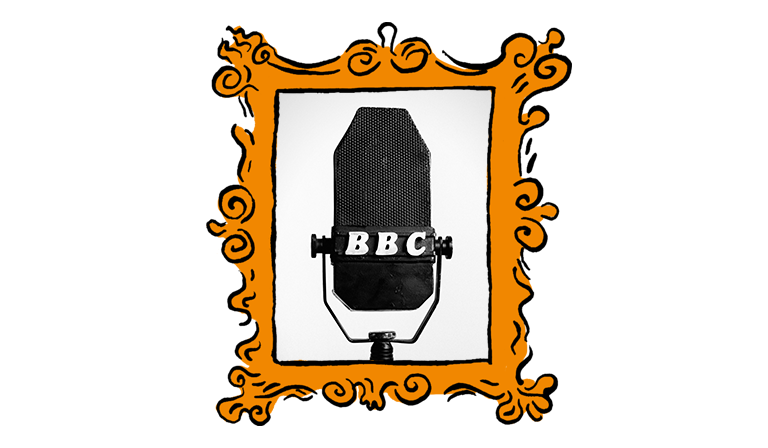John Reith, the man who invented the BBC in 1923, was not in the least bit modest—nor were his aspirations for the BBC. A religious fanatic, Reith was the one who gave the BBC its biblical motto on its fourth birthday: “Nation Shall Speak Peace Unto Nation.” It’s still wheeled out from time to time, though the peace bit has largely disappeared. (After all, it’s enough of a challenge for the Corporation to get the broadcasting bit right without trying to be a simulacrum for the UN.)
Though for all its grandiloquence, the motto does express the BBC’s status as a global broadcaster. It all began with radio in 1932; “The Empire Service”, no less. Now, the World Service as it is called—covering TV, radio, online and social media—reaches over 400m people every week. Despite various scandals and the near constant barracking from politicians over the decades, it remains highly trusted. All good for the BBC—and for Britain’s soft power.
But this summer the BBC changed the way its audio services, which established its global reputation in the first place, could be accessed around the world. For many millions outside the UK, the delights of the radio stations flowed via the BBC Sounds app and webpage, just as it does for licence payers within the UK. It was through Sounds that you could listen live, “catch up” on any individual programme you missed or subscribe to the many podcasts on offer. You might have to put up with some ads, but a cornucopia of delights awaited if you did that were available to all and sundry, free of charge.
No longer. BBC Sounds has been switched off outside the UK. You now have to find your audio via a different app, or bbc.com—the website for the BBC’s global, commercial arm. It is not a catastrophe; you can still enjoy the live output of all those radio stations. And for licence payers on holiday, the BBC says you can use Sounds for a month at a time as if you were at home. (Though that in itself can be patchy. From Italy I tried to find a programme I had made for Radio 4, but instead my search result offered up “Plans unveiled for fire-damaged restaurant”, a news item about a Toby Carvery in Hampshire. There’s work to be done on the search function, but that’s not new.)
With the exception of those those willing to go through with the extra cost and hassle of using a VPN, foreign audiences wanting to listen to programmes that have already been broadcast now face a much sterner task than in the Sounds era. In some cases, it will be simply impossible—and by design. The BBC no longer wants to pay for the rights it needs to make all its music programmes globally available. Even more to the point, it thinks it can monetise audio output by bringing in advertising revenue or, in the US, by making catch-up audio part of a premium subscription service, billed at $50 a year.
So unless you listen live, some speech programmes on Radio 3, Radio 4 and the World Service will disappear for a huge number of non-UK listeners. It looks like an own goal—but there is a long history behind this decision.
The BBC’s editorial heft around the world is about the one thing that most politicians are prepared to praise, most of the time. More often however it has been thwacked by all sides about the business dimensions of its overseas broadcasting. Many assert that the BBC is not properly exploiting its brand, wanting it to become a commercial media colossus—battling with Murdoch, Apple and Netflix et al—in the hope that billions would roll in and reduce (or better still, eliminate) the burden of the licence fee. Nice thought. Not so easy to achieve. Others think the BBC is already way too big for its boots. They don’t think the world needs the BBC very much, if at all.
The BBC has got more commercial in recent times. Tim Davie, the current director general, is a highly entrepreneurial figure. He might be thinking there’s serious money to be saved or made, or both, by rejigging the BBC’s audio for audiences outside the UK. He might be hoping that the emanations of grief about the changes for, say, the Welsh-speaking community in Patagonia, are not going to have much impact on the BBC’s standing. I hope he’s right.
But the real problem is this: the BBC has been cut by more than 30 per cent since 2010. Although commercial success is desirable and necessary, there is no way the Corporation can be sustained as a universally available public broadcaster in the UK—with a properly funded worldwide arm—unless, large warts and all, it is properly funded from within the UK. That is a politically unpalatable truth. And there is no getting around it.
BBC Sounds turns inwards
Recent changes to the platform make catch-up audio harder to access for international audiences. But at what cost?
September 11, 2025

Image: Jack Carey / Alamy











